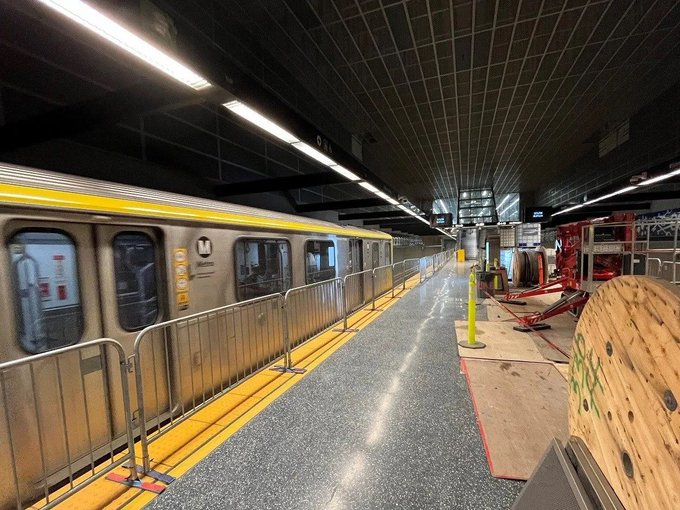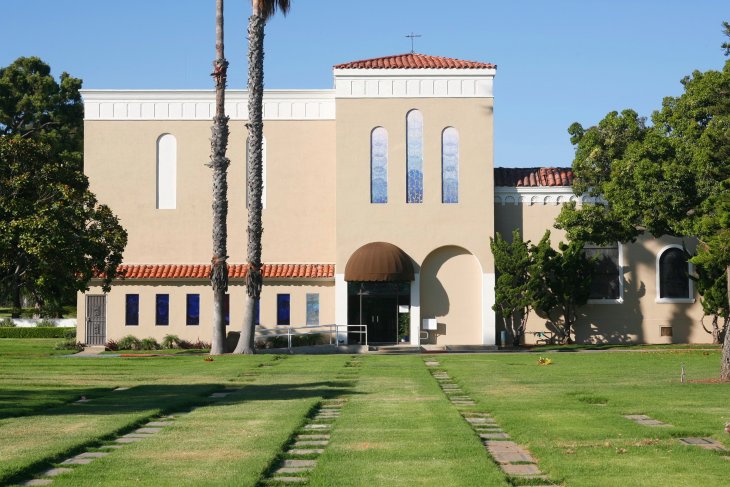Today, the City of Santa Monica joined other cities and Community Choice Aggregation (CCA) programs across the state, in submitting a protest letter to the California Public Utilities Commission (CPUC) to preserve its authority to launch renewable electricity service in 2018.
At its December 5, 2017 meeting, the Santa Monica City Council voted to join the Los Angeles Community Choice Energy (LACCE) program, one of a handful of CCAs in California. Joining LACCE would allow the City to offer up to 100% renewable energy to customers as an alternative to Southern California Edison, which offers up to 30% renewable energy.
On December 8, 2017, the CPUC issued a draft resolution that would stifle the growth of renewable energy service delivery run by local governments. The comment period closes on December 29, 2017, short of the CPUC’s own protocol for public comment and review, and the Commission is prepared to vote on the resolution on January 11.
“The CPUC’s draft resolution, released for public comment over the holidays, appears to be a stealth attempt by investor-owned utilities to freeze new local Community Choice programs, including ours, for at least a year,” says Councilmember and LACCE Board Director Kevin McKeown. “Santa Monica will oppose this, fighting for cleaner and cheaper electricity for our residents and businesses by all means possible. We call on our state legislators in Sacramento to join us in demanding the CPUC pull this regressive item off its January agenda.”
CCAs are locally managed agencies that provide electricity service to residential and business customers by procuring power on their behalf. CCAs are able to achieve higher contents of renewable energy, which can significantly reduce greenhouse gas emissions. CCAs are locally controlled with limited oversight from the CPUC compared to that of the utilities, until now.
The draft resolution would establish a fixed timeline for CCA programs to file implementation plans and initiate electricity service. This right would normally be reserved to local decision makers on when best to launch their programs based on market conditions and cash flow needs. The proposed decision could delay new and nascent CCAs and their members from being able to launch service for up to two years.
The draft resolution comes at a time when up to 80% of the State’s energy load is potentially opting to leave their traditional utilities (such as Southern California Edison) in favor of CCAs. When a customer transitions from utility to CCA service, the utility imposes an ‘exit fee,’ which helps to cover the cost of power that was originally procured by the utility for that customer. Delaying a CCA’s ability to start service would incur more exit fees associated with customers who are forced to wait for the transition to take effect.
The CPUC currently has a formal proceeding on this very issue. CCAs are strongly advocating for greater transparency into this process in order to limit and manage the impacts on their new customers.
The draft resolution was seemingly prepared in response to documents provided by Pacific Gas and Electric (PG&E), the utility for northern California, which alludes to the short-term costs that may not be covered by the current exit fee structure. To date, these documents have not been made public.






















